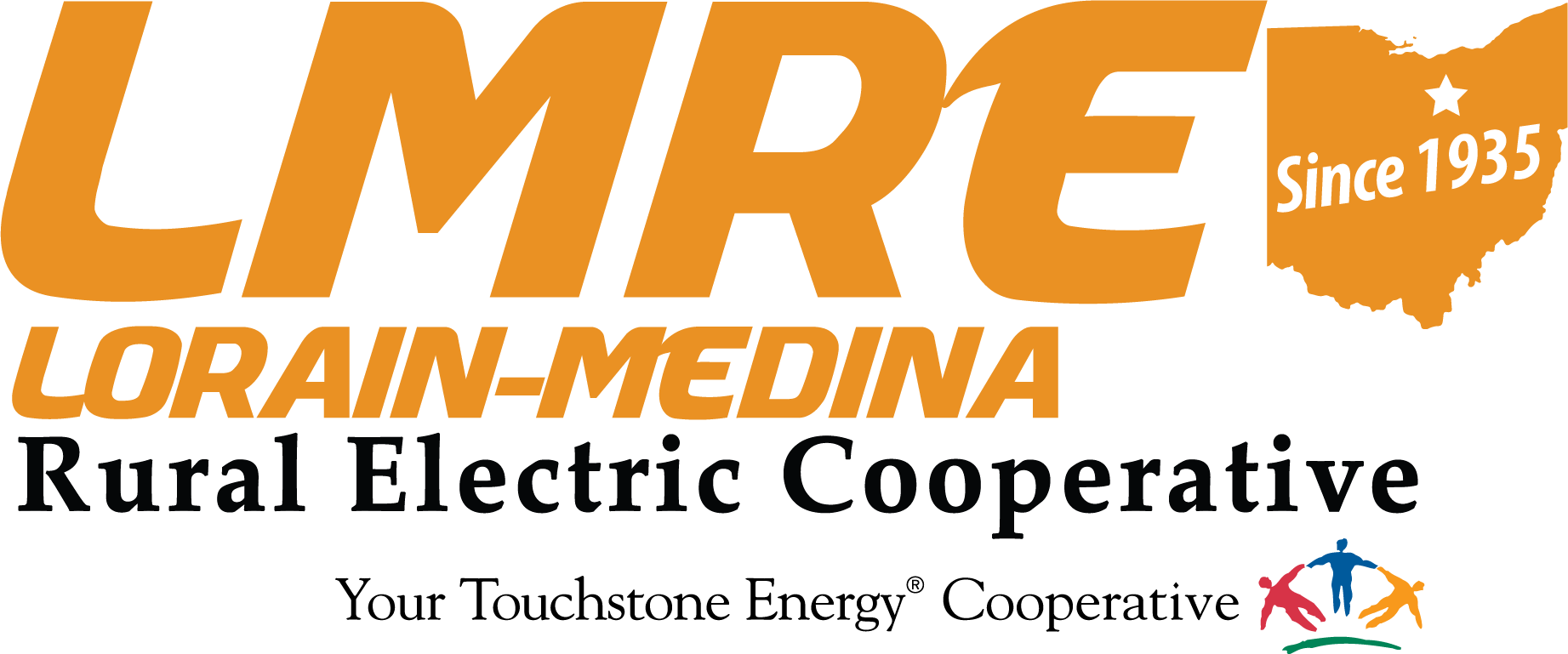Dick Indoe is a well-respected Medina County farmer. He’s in the Ohio State Fair Hall of Fame and the Ohio State University Dairy Science Hall of Fame. He has served as a Harrisville Township Trustee for 31 years.
Indoe is also a member of the Lorain-Medina Rural Electric Cooperative’s Board of Trustees, a role he has had since 2000. And once a year, he becomes a lobbyist for the electric cooperatives.
For the past four years, he has served as one of LMRE’s representatives at the annual legislative rally in Washington, D.C. He was joined by Director of Administrative Services Richard Shock and LMRE General Manager Markus Bryant. The LMRE contingent is joined by about 2,000 cooperative representatives as they converge on Washington each year.
The trek to the nation’s capital gives America’s electric cooperatives the opportunity to meet with their legislators and members of their staffs to share information about the issues affecting co-op members back home.
Lorain-Medina’s service territory covers three congressional districts. Rep. Bob Gibbs represents about 75 percent of LMRE’s service area, while Rep. Jim Jordan represents Huron County and the Oberlin area in LMRE’s service area. Congressman Jim Renacci serves a portion of Medina County in LMRE’s service area.
This year, Congress’ schedule was altered after the legislative rally was on the calendar. The Ohio congressional delegation, except for Ohio’s Sen. Rob Portman, was unavailable to meet with Ohio cooperative officials. However, the cooperative representatives did meet with congressional staffers.
Indoe said they visited the offices of each of the three congressmen and met with their lead staff members. “These staff members are top drawer. They are very knowledgeable. They write down everything we talk about. They are an impressive group of people.” He said they were very well-informed on key issues affecting the Ohio electric cooperatives. “They know our issues.”
One of the bills being debated in Congress is the Ratepayer Protection Act, which would delay the implementation of the EPA’s proposed Clean Power Plan until the legal challenges have made their way through the court system. The bill also offers an opportunity for states to opt out if it’s determined the CPP would result in extreme economic hardship or threaten the reliability of electric service.
Another issue being discussed was Waters of the United States (WOTUS), a proposed regulation that would expand the types of bodies of water the EPA and the Army Corps of Engineers can regulate. Rep. Gibbs was commended for leading the fight in the House of Representatives to repeal WOTUS because of its potential to cost utilities millions of dollars and lead to long delays when it comes to siting and building new transmission and distribution lines.
Other key topics included getting a permanent designation of coal ash as a nonhazardous substance and to thank Congress for adopting legislation to allow large electric-resistance water heaters to be manufactured for use in demand response programs. The Ohio cooperatives’ water heater load management program has saved cooperative members millions of dollars over the past 25 years.
“This trip to D.C. is a must,” Indoe said. ‘There are several congressmen who recognize us when we walk into the office, and they are paying attention. Even if we don’t have major issues on the table, it’s still important to continue to build and maintain that relationship and keep the lines of communication open.”
